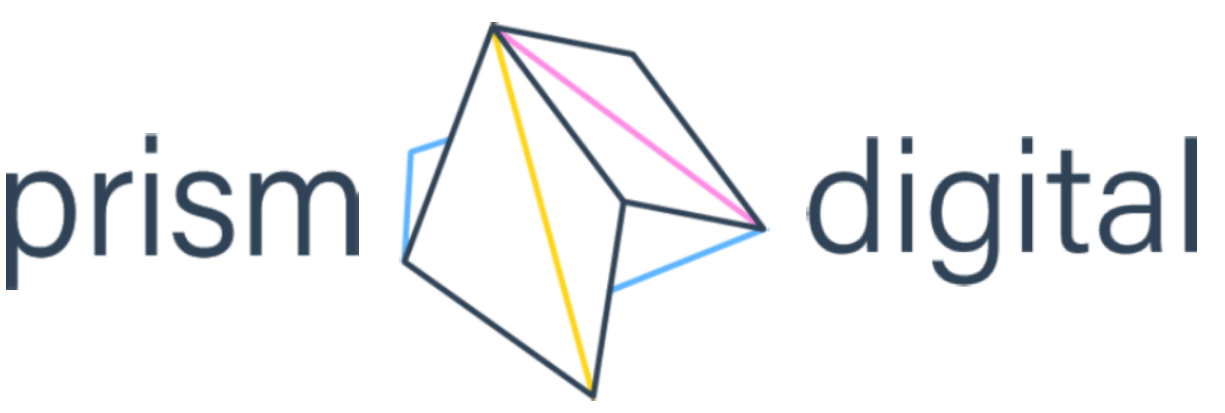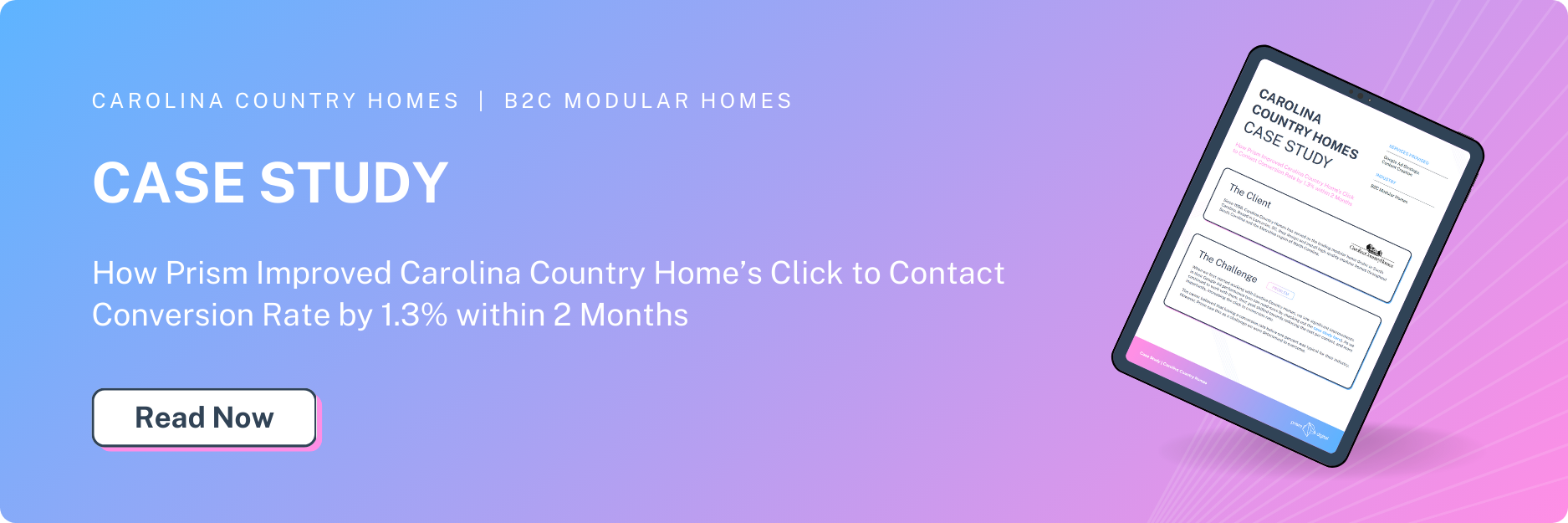When it comes to Google Ads, one of the critical decisions you'll face is choosing between manual and automated bidding. Each method has its perks and quirks, and the best choice often depends on your specific campaign goals, budget, and expertise. Let's dive into the nitty-gritty and help you decide which strategy is the right fit for your business.
Manual bidding for Google Ads: The art of control
What is manual bidding?
Manual bidding allows you to set your maximum cost-per-click (CPC) for your ads. You’re in the driver’s seat, tweaking bids for individual keywords, ad groups, or placements to optimize performance.
|
Pros of manual bidding |
Cons of manual bidding |
|
Full control: You get to control every aspect of your bids. This is perfect if you have the expertise and time to micro-manage your campaigns. |
Time-consuming: Requires constant monitoring and adjustments. |
|
Cost management: Manual bidding allows precise budget allocation, ensuring you don’t overspend on underperforming keywords. |
Expertise needed: Without a solid understanding of Google Ads and analytics, manual bidding can lead to suboptimal performance. |
|
Tactical adjustments: You can make quick adjustments based on real-time data and trends. |
Limited by human error: Mistakes or oversights can easily happen, potentially costing you money. |
Automated bidding for Google Ads: The science of efficiency
What is automated bidding?
Automated bidding uses Google's machine learning to optimize your bids for you. You set your campaign goals, and Google adjusts your bids in real-time to help you achieve them.
|
Pros of automated bidding |
Cons of automated bidding |
|
Time-saving: Once set up, automated bidding requires minimal management, freeing up your time for other tasks. |
Less control: You relinquish some control over individual bid adjustments. |
|
Machine learning power: Leverages Google's vast data and machine learning capabilities to optimize bids better than most humans could. |
Dependence on Google’s algorithms: Success depends on Google’s algorithms, which might not always align perfectly with your unique business goals. |
|
Consistent optimization: Automatically adjusts to changes in the market, ensuring your bids are always competitive. |
Budget constraints: If not monitored, it can sometimes lead to higher costs, especially if Google prioritizes conversions over cost-efficiency. |
How to choose the right Google Ads bidding strategy
Consider your goals
- Brand awareness: If your goal is to get your brand in front of as many eyes as possible, automated strategies like Maximize Clicks can be very effective.
- Conversions: For driving sales or specific actions, automated bidding strategies like Target CPA or Target ROAS can optimize for those results.
- Budget management: If strict budget control is your priority, manual bidding might be the better option, allowing you to cap bids tightly.
Analyze your resources
- Expertise: If you have a seasoned PPC expert on your team, manual bidding might bring out the best results. However, if you're a small team with limited experience, automated bidding can level the playing field.
- Time: Consider how much time you can realistically dedicate to managing your campaigns. Automated bidding can save you countless hours that can be better spent on strategy and creative development.
Test and optimize your Google Ads
Don’t be afraid to experiment. Run parallel campaigns with both strategies to gather data on what works best for your specific needs. A/B testing can provide valuable insights and help you make a more informed decision.
Final thoughts
Both manual and automated bidding have their places in a well-rounded Google Ads strategy. Your decision should be guided by your goals, resources, and willingness to invest time in campaign management. Remember, digital marketing is an ever-evolving field, and staying adaptable is key to long-term success.
Ready to take your Google Ads campaigns to the next level? Whether you choose manual or automated bidding, the team at prism Digital is here to help you navigate the complexities and achieve your marketing goals. Let's chat!
.png?width=200&height=73&name=Logo(1).png)


